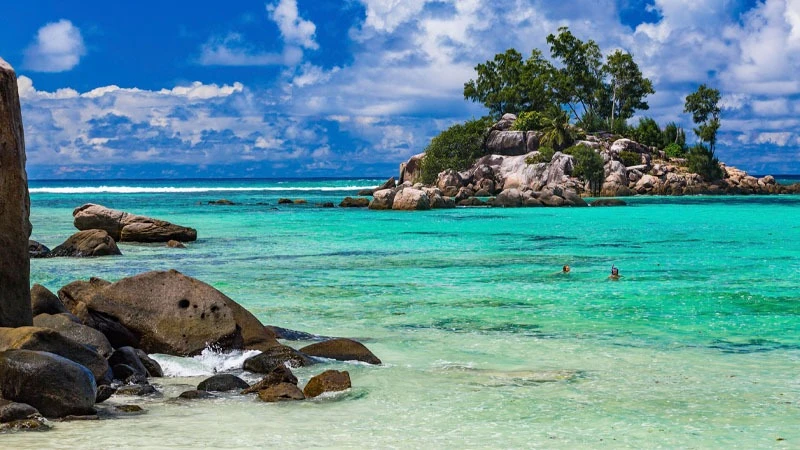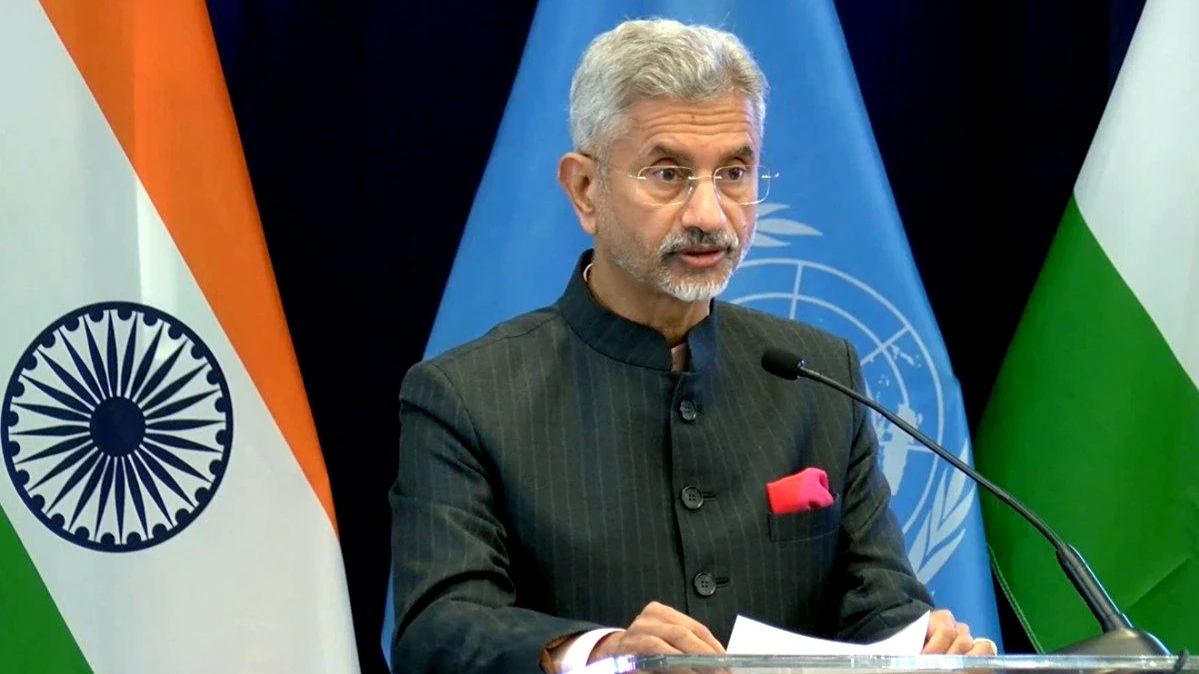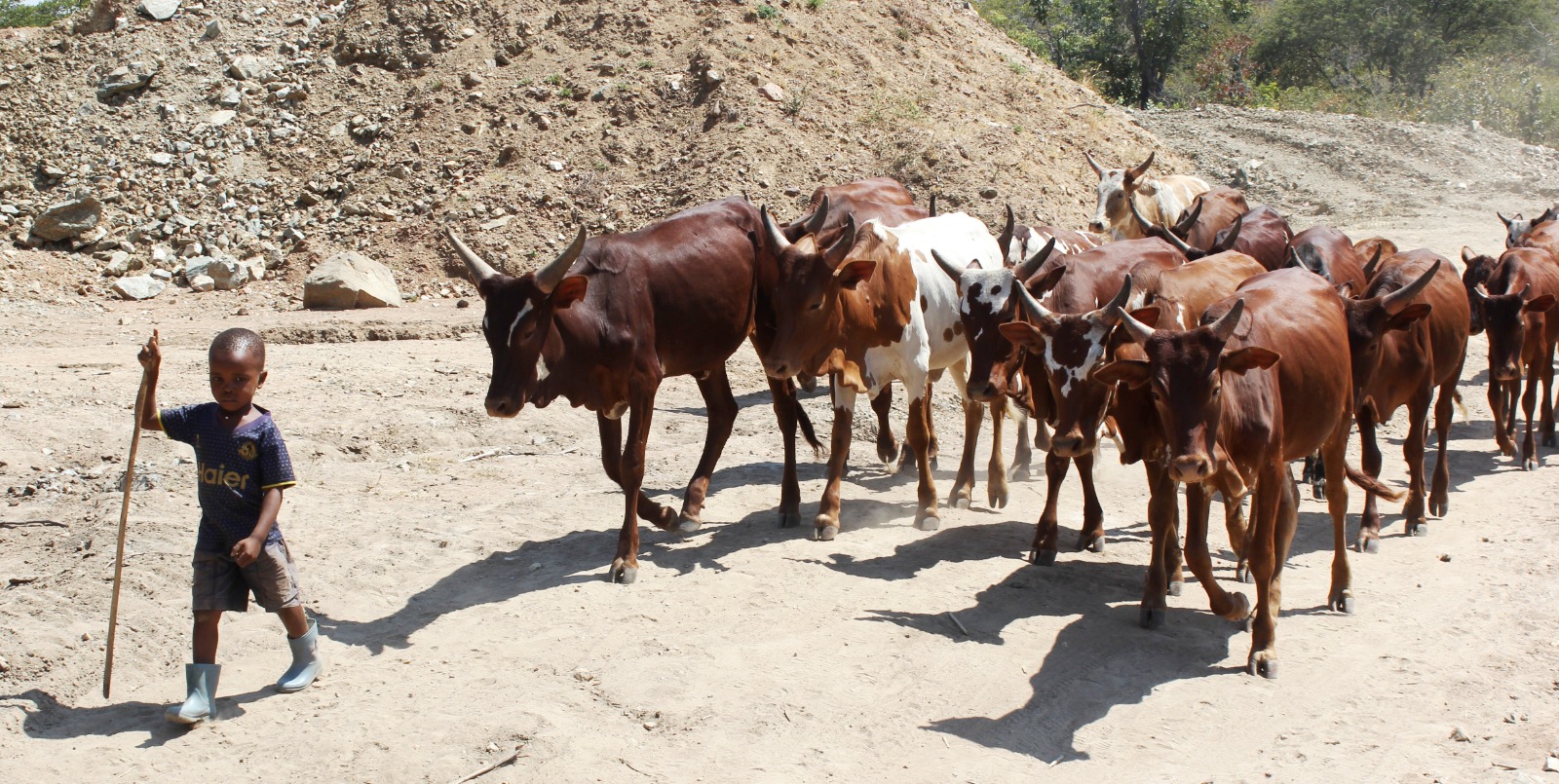World is not doing enough to protect oceans-UNESCO

A NEW report by the United Nations has found that biodiversity and carefully balanced ecosystems of oceans is being increasingly harmed by impact of human activities.
The United Nations education, science and cultural organisation (UNESCO) has said the world has been treating the oceans "like a free for all" and that this needs to stop.
It has said climate change is disrupting life in our oceans which are facing multiple hazards and being harmed by pollution, acidification, and a loss of biodiversity.
With submissions from 100 scientists from around the world, the report aims to sound the alarm on what UNESCO said is new data on threats to the oceans.
“There is loss of oxygen, there is acidification, there is sea level rise of course, causing effects on coastal communities and coastal systems,” said Vidar Helgesen, executive secretary of UNESCO's Intergovernmental Oceanographic Commission.
He added: “There is deterioration of blue carbon vegetation in the ocean, there is steady and strong growth of pollutants that relates to plastic, but also other chemical pollutions.”
He was speaking in Paris ahead of a conference yesterday to discuss its "State of the World's Oceans" report and the screening of a documentary about the impact of climate change.
"The Great Migration of Life" documents how climate change is interfering with one of the largest animal migratory events on South Africa’s Wild Coast.
"There is simply a magnitude of problems. Many of them can be traced back to climate change, so it's fair to say that climate change has a big role in many of the hazards now facing the ocean," he said.
According to UNESCO, the rate of ocean warming has doubled in 20 years and the rate of sea level rise has doubled in 30 years, with 2023 seeing the highest temperature increase since the 1950s.
It said ocean temperatures have already increased by an average of 1.45°C, with clear hotspots above 2°C in the Mediterranean, Tropical Atlantic, and Southern Ocean.
One of the main challenges facing the world's oceans is acidification which is caused by the absorption of fossil fuel emissions, changing its chemical composition.
“The ocean is now about 30 per cent more acidic than at pre-industrial times, and that percentage is set to be 170 per cent by 2100 unless we are able to change course,” he said.
One of the consequences of acidification, said Helgesen, is that shellfish are developing thinner, weaker shells, and are therefore reproducing less.
“Shellfish aren't only something we enjoy on our dinner plates, it's also something that marine life is eating, so it's disrupting the food chain in the ocean,” he said.
While plastic pollution in the ocean is dramatic, Helgesen said that chemical waste was also a serious hazard.
"Nutrient pollution runoff from agriculture, from chemical industries, from wastewater, really sucks oxygen out of the water," he said.
The UNESCO report says oceans have lost 2 per cent of its oxygen since the 1960s because of warming and pollutants.
It says coastal areas are suffering the biggest impact with some plant and animal species on a "frontline battle for breath". The report identifies around 500 “dead zones” where the lack of oxygen means almost no marine life survives.
Helgesen said the report also describes other impacts on the ocean which scientists are now learning more about.
"One is that more rainfall on land, because of climate change and rising temperatures, also means that more soil is washed from the land, making the ocean darker, which affects plankton, which is at the bottom of the food chain,” he said.
The report urges the fostering of what it calls marine forests. These are mangroves, seagrass plains, and tidal marshes which act as carbon sinks.
It says these hold five times more carbon than the forests on land, but that not enough is being done to save them. It says more than half of countries globally do not include marine forest restoration in their climate action plans.
The UN adopted the High Seas Treaty to protect at least a third of the world's oceans by 2023, but Helgesen said this will not have significant impact unless it establishes protection for areas of high biodiversity.
"So you protect places where there is actually life to protect. And we know, and this report demonstrates, that 70 per cent of threatened species in the ocean actually take refuge in marine protected areas," he said.
Humans are heavily reliant on healthy oceans for our own survival, not least for our food, but Helgesen said we are not taking care to plan for its future.
Top Headlines
© 2024 IPPMEDIA.COM. ALL RIGHTS RESERVED





















